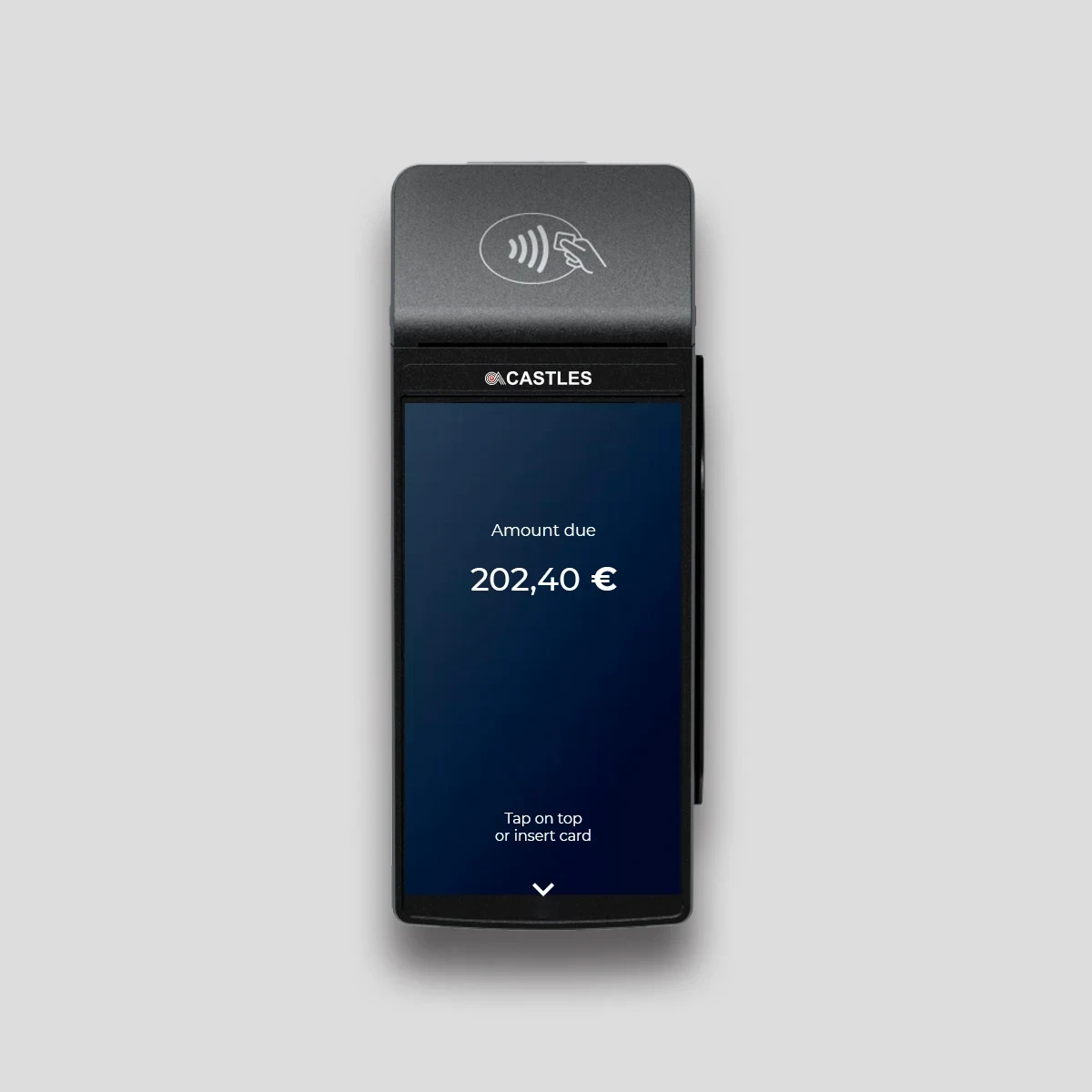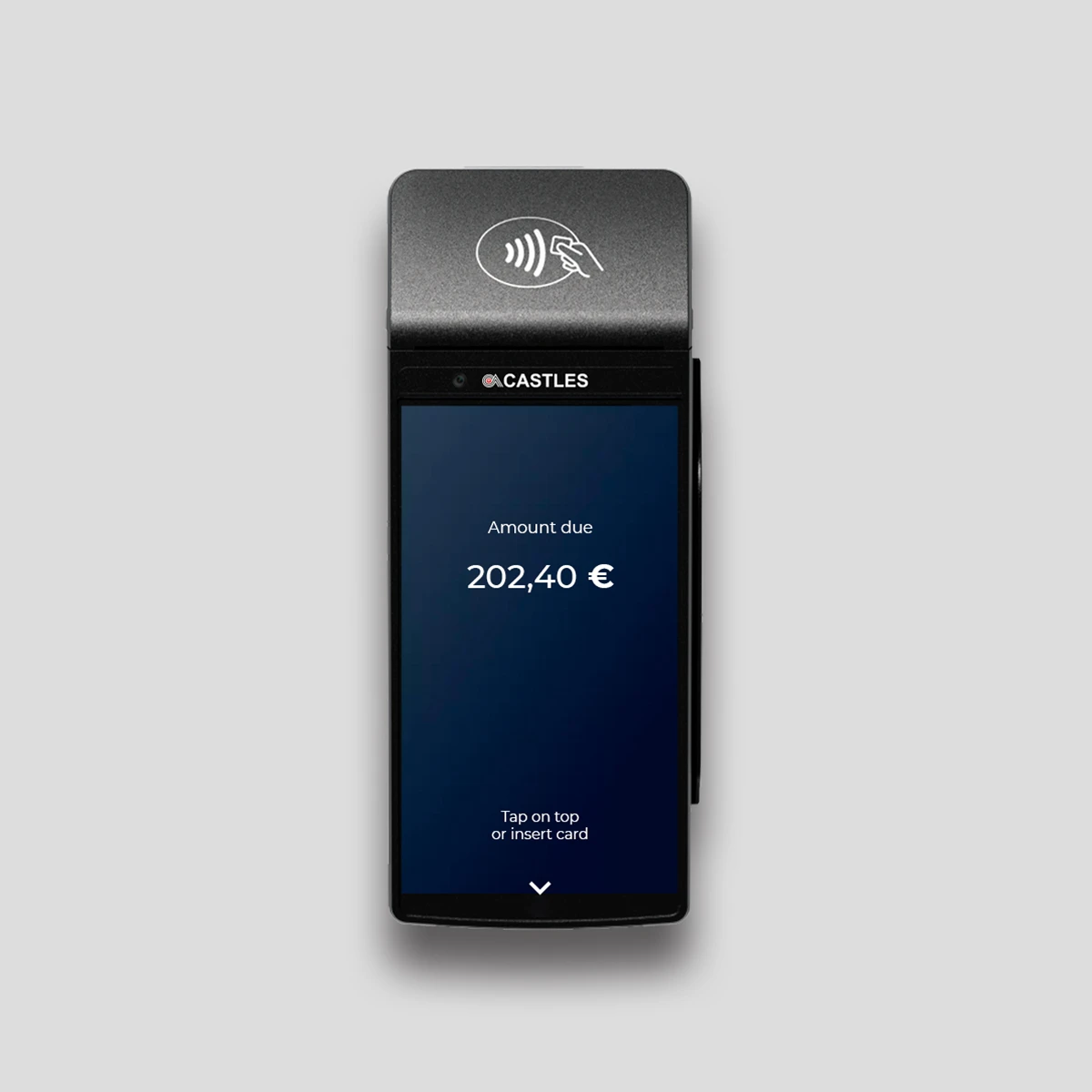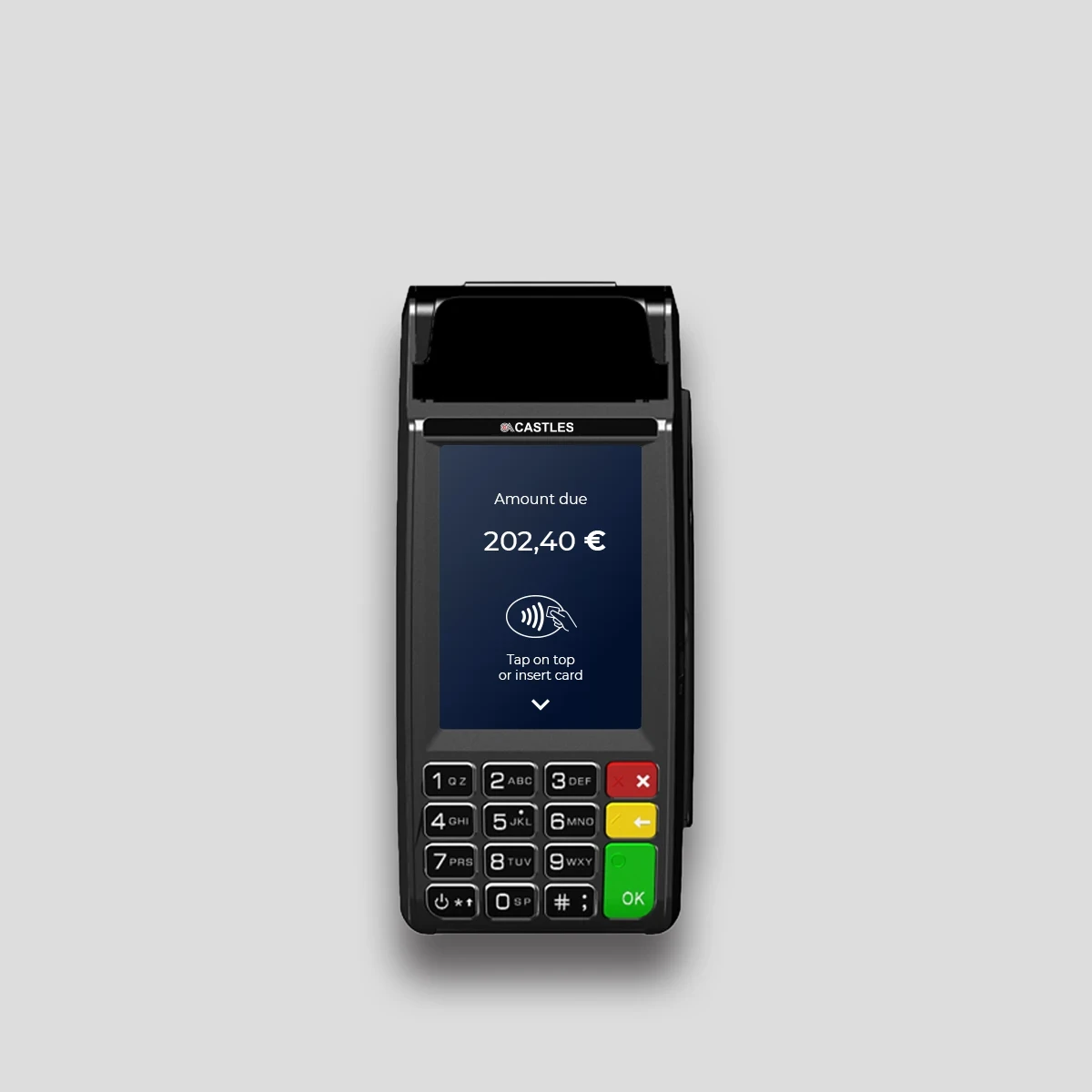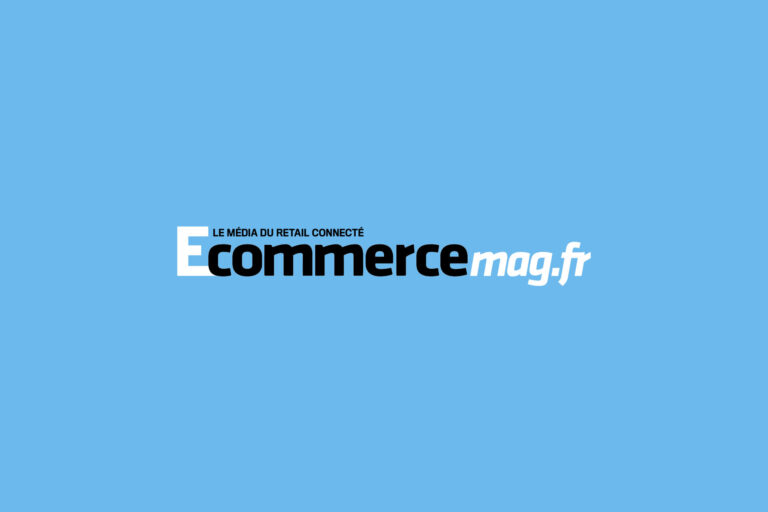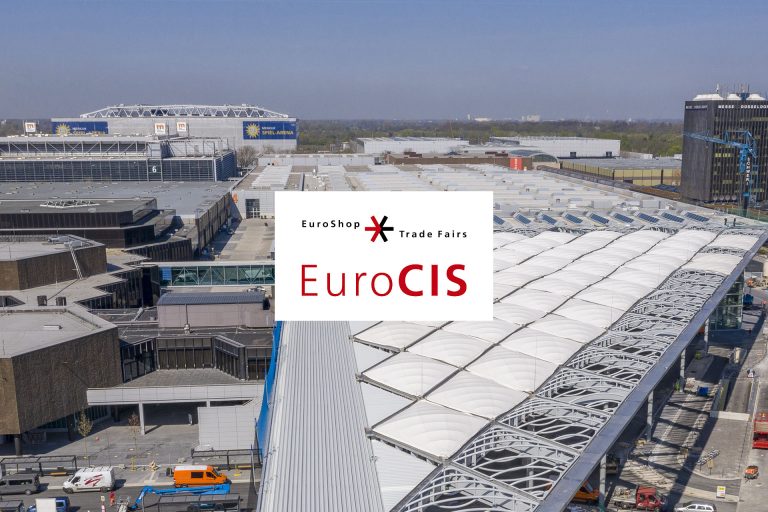Bordering 9 countries, Germany is at the centre of Europe. It’s one of the world’s largest economies and among its richest too. This makes it a prime focus for retail brands and a key market for in-store innovation. It’s also the perfect location for this month’s EuroCIS, retail technology event. Here we look behind scenes at German consumers, payments and POS trends.
Although Germany has 84 million people, most spending is city-based. More than 75% of consumers live in urban areas like Berlin, Hamburg, Munich and Cologne. It has the forth oldest population in the world (the median age is 44.9), and many people live alone (41%) . This means purchasing behaviours tend to be consistent and conservative.
Germans are savvy buyers with distinct purchasing patterns and a no-nonsense approach to shopping.
Shoppers are well educated (above the OECD average) and more likely.to be professional workers, with a relatively high disposable income. While the German economy faced headwinds in 2023, inflation is easing so there is renewed consumer confidence, and many Germans are ready to spend.
That said, they’re known for being shrewd and conscientious buyers. But give them quality products and a great experience and 60% are likely to remain loyal and come back for more . It’s why having a fast, reliable and convenient POS is important.
How they like to pay
Unlike some other European countries, Germany is less credit focused and consumer debt is shrinking. Here are some of the most popular e-payment methods:
- Girocard (Germany’s counterpart to a debit card) is the most popular form of payment. There are ~100 million Girocards in circulation and one million acceptance terminals. Around 3.65 billion purchases were made via Girocard in the first half of 2023 and four out of five of these were contactless payments.
- Germany is also one of the most digital wallet–centric nations. 44% of all domestic online transactions use digital wallets with PayPal accounting for over a third (37%). In store, 20% of transactions are now made using mobile devices
- Giropay, Sofort, PayPal and Klarna are among the most popular alternative payment methods for online purchases.
- Buy now pay later (BNPL) is a common choice for young online shoppers, and it’s now making headway in store. Whether buying clothing, electronics, or even groceries, there’s a good chance German consumers will encounter a BNPL option during checkout. Common examples are Klarna, Afterpay, PayPal Credit and SplitPay.
Important POS opportunities
Payment methods are only one part of the story. Looking at Germany’s acceptance infrastructure, there are some key areas ripe for investment in in 2024.
- Retail modernization
Many larger stores have invested in centralized payment records and systems, which is fuelling the trend towards more intelligent POS solutions. Retail-tech innovation is also driving smart integrations for a better user experience. With high levels of smartphone and internet penetration, there is a readiness to expand and adopt contactless payments and mobile wallets to POS terminals, even in previously unreached locations. - Unattended
Germany has witnessed an increase in self-service kiosks, particularly in banking, retail and food service – to cut operational costs, offer convenience and enhance customer interaction. Retail giants like Kaufland, Aldi, and Lidl, which originated in Germany, are leading the way in implementing this technology in their stores. Many other German merchants are looking to follow their lead. - EV charging
The country’s network of charging points for electric cars is growing rapidly. The German government aims to have 15 million electric passenger cars on Germany’s roads by 2030, and wants 1 million charging points by that date. This suggests a major opportunity for integrated unattended payments.
German regulation and how it impacts the POS
Whatever their size, whatever they’re selling, all merchants must ensure that their payment devices comply with European regulation (e.g. PSD2 and PCI DSS). But there are also some specific domestic requirements.
For example, all German retailers must comply with KassenSichV regulation which requires them to connect their POS devices to a technical security element (TSE) and be registered with the Tax Authority. This ensures the validity and transparency of transactions and prevents tampering of records or manipulation of financial reporting.
New devices coming into the market must be TA 7.2/DCPOS 3.0 certified to process debit and credit cards, and Girocards. DC POS 3.0 incorporates new functionalities stipulated by international card schemes for contactless credit card payments e.g. the higher 50 Euro limit, single tap functionality and dynamic currency conversion. Meanwhile TA 7.2 includes requirements for Girocard e.g. its own kernel, security key management, billing adjustments and contactless tip functionality.
Any legacy terminals which don’t support the new TA 7.2/DCPOS 3.0 software upgrademust be replaced by January 1st 2025.
World-class POS innovation and local support for Germany and beyond
For those looking to upgrade or enhance their POS offering in the German market, Castles Technology offers a full range of world-leading secure Android POS and unattended payment devices that can be deployed rapidly.
Combining advanced functionality with competitive pricing, they allow over-the-air software updates for operational efficiency and can accept all types of payments including contactless, mobile wallets and QR Codes. With a full range of integrated services from its CasHub platform and dedicated regional support, Castles is the ideal partner to modernize POS estates, not just in Germany but globally.
Discover why Castles is at the heart of POS innovation.
Visit our stand at EuroCIS, February 27-29, Messe Düsseldorf, Hall 9D65.
